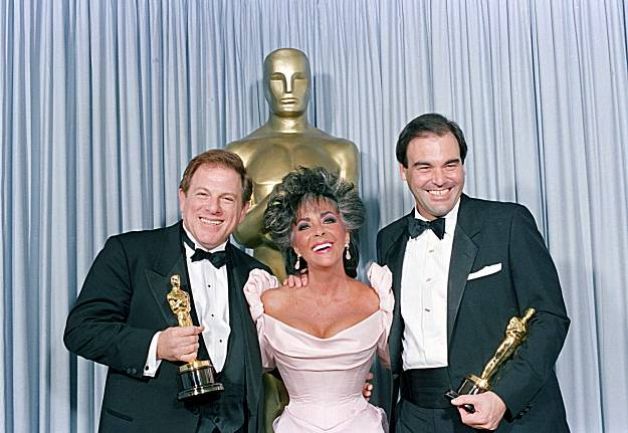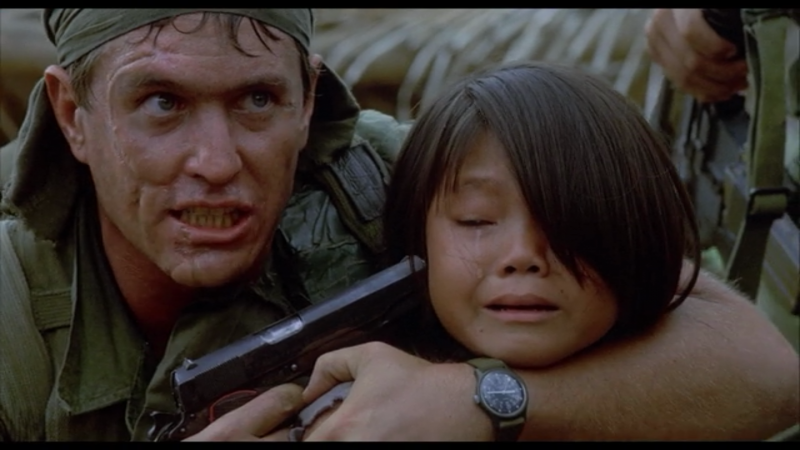Best
Actor
* Jim
Carrey – Man on the Moon
Russell
Crowe – The Insider
Tom
Cruise – Eyes Wide Shut
Richard
Farnsworth – The Straight Story
Mark
Wahlberg – Three Kings
Best
Actress
Annette
Bening – American Beauty
* Nicole
Kidman – Eyes Wide Shut
Julianne
Moore – The End of the Affair
Hilary
Swank – Boys Don’t Cry
Reese
Witherspoon – Election
Best
Supporting Actor
Tom
Cruise – Magnolia
* Philip
Seymour Hoffman – Magnolia
John
Malkovich – Being John Malkovich
Christopher
Plummer – The Insider
Ving
Rhames – Bringing Out the Dead
Tom
Sizemore – Bringing Out the Dead
Best
Supporting Actress
Toni
Collette – The Sixth Sense
Cameron
Diaz – Being John Malkovich
Katie
Holmes – Go
* Catherine
Keener – Being John Malkovich
Samantha
Morton – Sweet & Lowdown
Melora
Walters – Magnolia
Best
Director
Spike
Jonze – Being John Malkovich
Stanley
Kubrick – Eyes Wide Shut
* David
Lynch – The Straight Story
Michael
Mann – The Insider
David
O. Russell – Three Kings
Best
Screenplay
Being
John Malkovich
(Charlie Kauffman)
Election (Alexander Payne & Jim
Taylor)
Go (John August)
* The
Insider
(Michael Mann & Eric Roth)
Three
Kings (David O.
Russell)
Best
Cinematography
American
Beauty (Conrad
L. Hall)
Eyes
Wide Shut
(Larry Smith)
The
Insider (Dante
Spinotti)
Snow
Falling on Cedars
(Robert Richardson)
* Three
Kings
(Newton Thomas Sigel)
Best
Editing
Bringing
Out the Dead
(Thelma Schoonmaker)
* Fight
Club
(James Haygood)
Go (Stephen Mirrione)
The
Insider
(William Goldenberg, Paul Rubell & David Rosenbloom)
The
Matrix (Zach
Staenberg)
Best
Film Score
* American
Beauty
(Thomas Newman)
Being
John Malkovich
(Carter Burwell)
Eyes
Wide Shut (Jocelyn
Pook)
Fight
Club (Dust
Brothers)
Star
Wars: Episode I: The Phantom Menace (John Williams)
Best
Production Design
American
Beauty
* The
Matrix
The
Talented Mr. Ripley
Titus
Topsy-Turvy
Best
Ensemble Cast Performance
Cradle
Will Rock
Go
The
Insider
* Magnolia
Three
Kings
1999 Movies Seen (81 features as of 03.04.2013)
8mm (Joel Schumaker, 1999)
American Beauty (Sam Mendes, 1999)
American Pie (Paul Weitz & Chris Weitz, 1999)
Analyze This (Harold Ramis, 1999)
Any Given Sunday (Oliver Stone, 1999)
Arlington Road (Mark Pellington, 1999)
Austin Powers: The
Spy Who Shagged Me (Jay Roach,
1999)
Being John Malkovich (Spike Jonze, 1999)
Big Daddy (Dennis Dugan, 1999)
The Big Kahuna (John Swanbeck, 1999)
The Blair Witch
Project (Daniel Myrick &
Eduardo Sanchez, 1999)
Blast from the Past (Hugh Wilson, 1999)
Bowfinger (Frank Oz, 1999)
Boys Don’t Cry (Kimberly Pierce, 1999)
Bringing Out the Dead (Martin Scorsese, 1999)
The Cider House Rules (Lasse Hallström, 1999)
Cookie’s Fortune (Robert Altman, 1999)
Cradle Will Rock (Tim Robbins, 1999)
Cruel Intentions (Roger Kumble, 1999)
Deep Blue Sea (Renny Harlin, 1999)
Deuce Bigalow: Male
Gigolo (Mike Mitchell, 1999)
Dick (Andrew Fleming, 1999)
Dogma (Kevin Smith, 1999)
EDtv (Ron Howard, 1999)
Election (Alexander Payne, 1999)
The End of the Affair (Neil Jordan, 1999)
End of Days (Peter Hyams, 1999)
Eyes Wide Shut (Stanley Kubrick, 1999)
Fight Club (David Fincher, 1999)
Forces of Nature (Bronwen Hughes, 1999)
The General’s
Daughter (Simon West, 1999)
Girl, Interrupted (James Mangold, 1999)
Go (Doug Liman, 1999)
The Green Mile (Frank Darabont, 1999)
Happy, Texas (Mark Illsley, 1999)
The Hurricane (Norman Jewison, 1999)
In Dreams (Neil Jordan, 1999)
The Insider (Michael Mann, 1999)
Inspector Gadget (David Kellogg, 1999)
Instinct (Jon Turteltaub, 1999)
The Iron Giant (Brad Bird, 1999)
King Gimp (Susan Hannah Hadary & William A. Whiteford,
1999)
Lake Placid (Steve Miner, 1999)
Limbo (John Sayles, 1999)
The Limey (Steven Soderbergh, 1999)
Magnolia (Paul Thomas Anderson, 1999)
Man on the Moon (Milos Forman, 1999)
The Matrix (Andy Wachowski & Larry Wachowski, 1999)
Mickey Blue Eyes (Kelly Makin, 1999)
My Best Fiend (Werner Herzog, 1999)
Mystery Men (Kinka Usher, 1999)
Notting Hill (Roger Mitchell, 1999)
October Sky (Joe Johnston, 1999)
Office Space (Mike Judge, 1999)
Payback (Brian Helgeland, 1999)
Pushing Tin (Mike Newell, 1999)
The Sixth Sense (M. Night Shyamalan, 1999)
The Red Violin (François Girard, 1999)
Runaway Bride (Garry Marshall, 1999)
She’s All That (Robert Iscove, 1999)
Sleepy Hollow (Tim Burton, 1999)
Snow Falling on
Cedars (Scott Hicks, 1999)
Spectres of the
Spectrum (Craig Baldwin, 1999)
South Park: Bigger,
Longer & Uncut (Trey Parker,
1999)
Star Wars: Episode I
– The Phantom Menace (George
Lucas, 1999)
Stigmata (Rupert Wainwright, 1999)
The Straight Story (David Lynch, 1999)
Sweet & Lowdown (Woody Allen, 1999)
The Talented Mr.
Ripley (Anthony Minghella, 1999)
Tarzan (Chris Buck & Kevin Lima, 1999)
The Thomas Crown
Affair (John McTiernan, 1999)
Three Kings (David O. Russell, 1999)
Titus (Julie Taymor, 1999)
Topsy-Turvy (Mike Leigh, 1999)
Toy Story 2 (John Lasseter & Ash Brannon, 1999)
True Crime (Clint Eastwood, 1999)
Tumbleweeds (Gavin O’Connor, 1999)
Varsity Blues (Brian Robbins, 1999)
The Wind Will Carry
Us (Abbas Kiarostami, 1999)
Wing Commander (Chris Roberts, 1999)
The World is Not
Enough (Michael Apted, 1999)







































